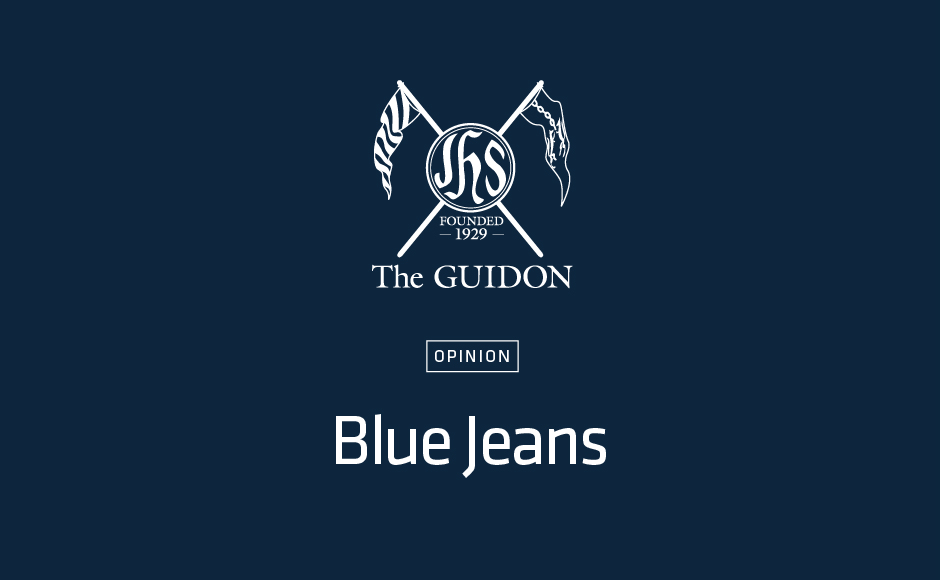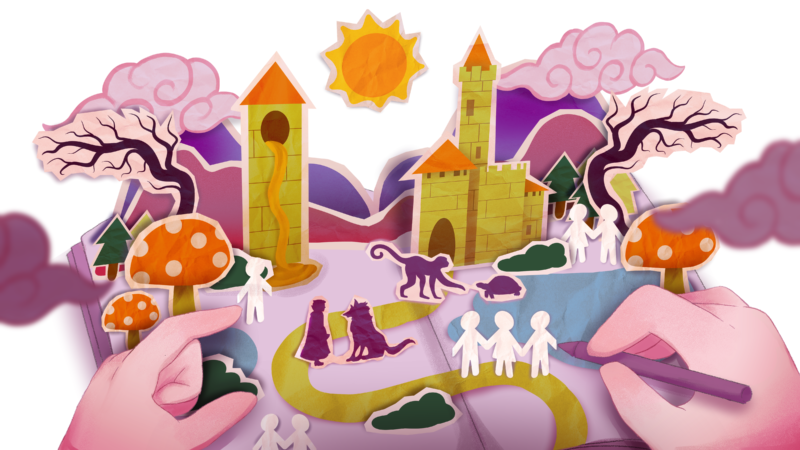Sustainability, gender sensitivity, conservation—these are ideas and buzzwords dominating the academic and activist conversations of today. Ideas craving to be born into reality. There are people who’ve lived by these principles, a heritage spanning thousands of years. People who have lived them out before they could even pin names to such principles. Maybe these things don’t need to be found but perhaps have been lived, lost, and have to be found again.
Scholars agree that the roots of Palawan’s Tagbanua can be traced to the Tabon men who are believed to be the earliest human inhabitants of the country. A peace-loving tribe whose weapons are for hunting game, they are a semi-nomadic people whose homes are built around plots of land cultivated for seven to ten years before allowing the forest to grow back as they clear another section of the forest for farmland. As such, a tribe’s domain accommodates all families and their movements. That’s the logic behind the controversial kaingin or slash-and-burn farming. Because of this, they have been embroiled with the Department of Environment and Natural Resources while dealing with the encroachment of lowland farmers whose methods are more suited to plains than mountains. So where do our ideals, those buzzwords mentioned at the beginning of this piece, fall into the picture?
Overheard Ateneans: We were in a van, driving away from the city and en route to the hinterlands near Puerto Princesa’s outskirts. Near the end of the drive, one of my classmates announced: “Guys, they just texted me. The kalabaw is ready for us na.”
Those of us who took part in this year’s twenty-day Ateneo Culture Lab last Intersession lived in a Tagbanua village for three days. Five of us studied the feasibility of creating a community-managed livelihood project while I studied their culinary culture (see also: food trip) as part of a larger study of Puerto Princesa’s food traditions. In those three days, we ate, laughed, and learned their lore from the chieftain and his men. While they demonstrated how they used bamboo to store water and rice or what tree contained sap for candles or what forest berries were poisonous or medicinal, they didn’t share everything. They were aware of their intellectual property rights (IPR). After singing and playing the guitar, the chieftain was asked to teach us the song. “IPR namin yun!” he replied, smiling. Clearly, he knew how today’s battles were fought.
With their rice, they contribute to natural evolution as the best grain is stored for next year’s planting. They don’t cultivate a single piece of land too long lest it run arid. They spare the mothers and babies of their game. Their diet is not built on an “available all-year round” whim and idea of progress, but its variety stems from an intimate understanding of the ebb of and flow of the seasons, populations, and self-healing mechanisms of mother earth. When a hunter brings home game, the community gets the first share. Individuals who identify as transgender are seen as the most eligible to be trained as spiritual leaders for the different Tagbanua communities. Each village has only one babaylan or shaman alongside one chieftain. For the Tagbanua, as with most indigenous people, these individuals are deemed closer to the gods because they embody both male and female characteristics.
The values espoused by these practices are being threatened by the social ills of mismanaged urbanization and development. I’ve been tempted to go hippie-hermit mode and denounce modernity but I realize that a lot of great things came from it: Pasteurized milk, the elimination of diseases which have plagued man for centuries, and the democratization of knowledge. Today, we have the resources, tech, and knowledge to literally enable us to travel across the stars but many of these projects are hampered by greed, fear, and a lack of understanding of how nature works and how it can be our friend. We’ve turned her into our foe and in our fear have tried to subjugate her. Look how she has returned our love! Perhaps the Tagbanua and other indigenous people can invite us to develop a more balanced view of man’s place in the world and in the process, live a balanced way of life.
In the end, I won’t antagonize either side or label “modern” and “traditional” as “two sides.” Come to think of it, our lolos and their lolos thought they were modern and that their lolos were traditional! The outward form of technology has evolved from bamboo as rice storage to irrigation that enables year-round growth. Yet the fundamental question of sheer existence continues to nip our heels today: what’s the best way to be in this world? Perhaps the truths the Tagbanua give witness to are more perennial than ancient, more universal than time-bound. Here’s a vision of the future from the optimist in me: Igorots piloting spaceships, powered not just by sustainable fuel, but a sustainable philosophy and balance between wisdom and technology.
Paolo Vergara, a communication senior, took part in the Ateneo Cultural Laboratory, a summer program for Ateneo students interested in exploring Philippine cultural heritage. This year’s participants traveled to Puerto Princesa City, Palawan.




